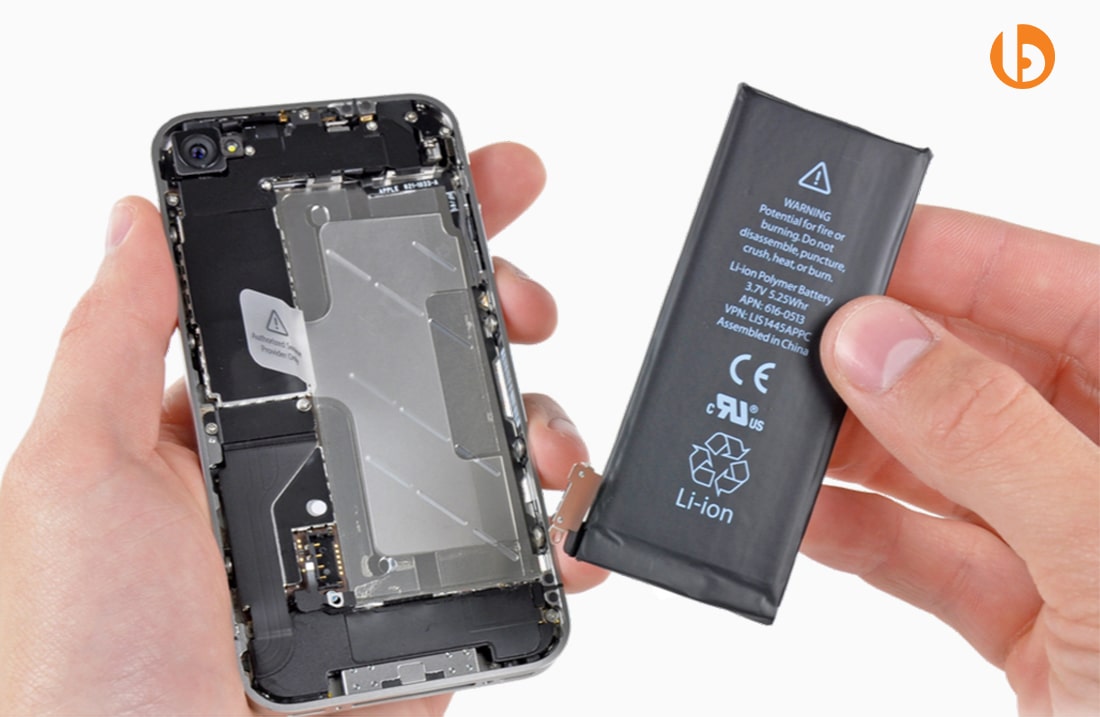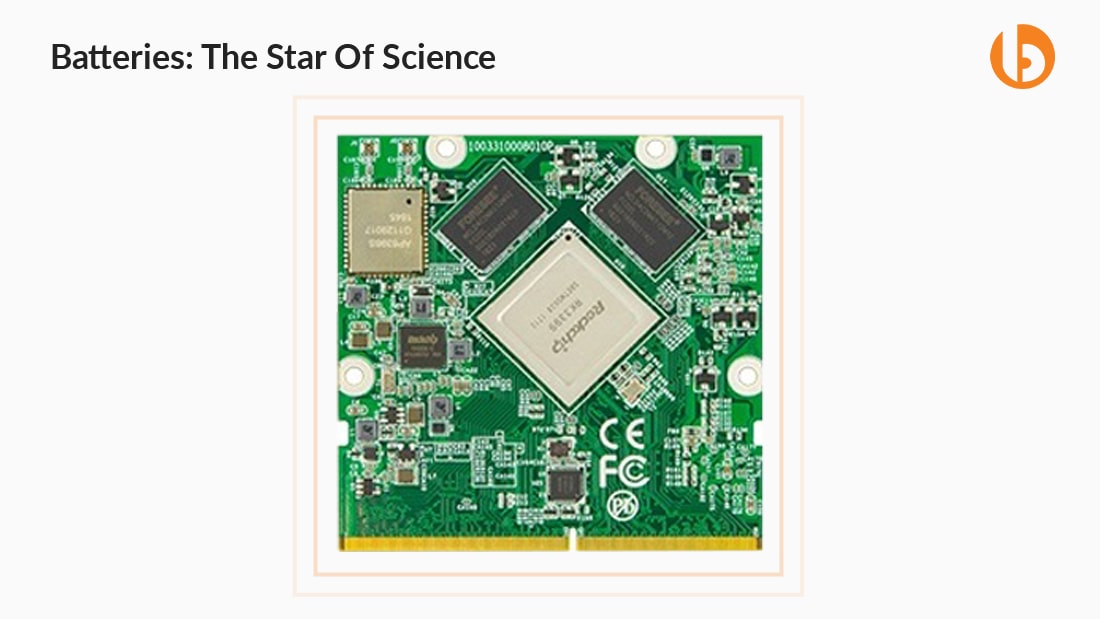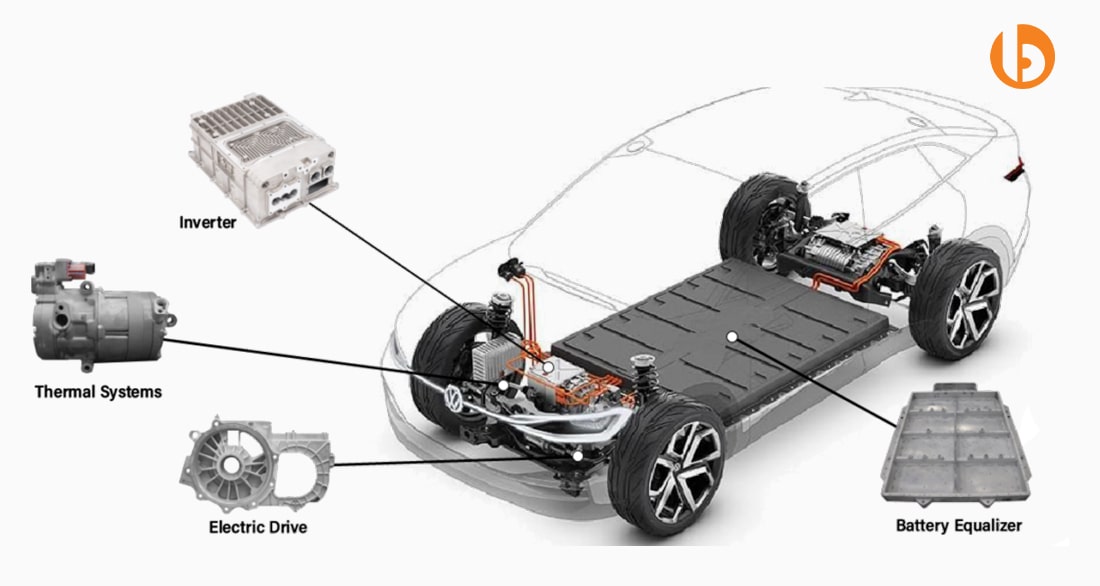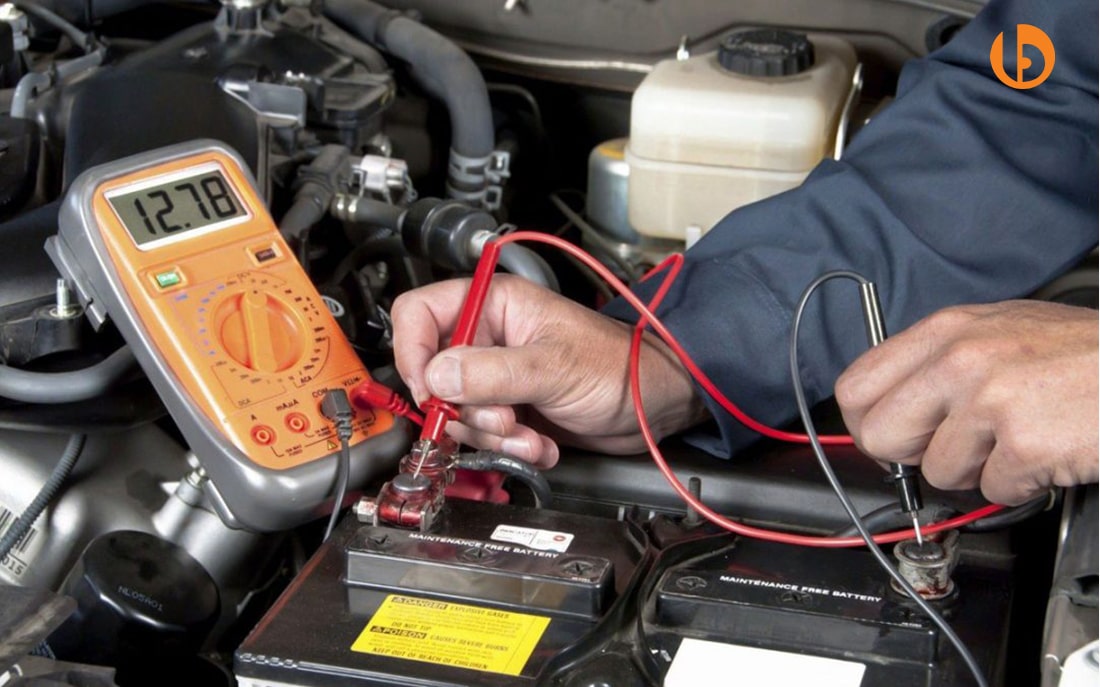Quick Summary:
Power is a crucial resource for all battery-operated mobile devices and embedded systems. The battery life should be observed and managed within these devices to ensure utmost prioritization and efficiency in representing users. During optimization, it can lower down the battery consumption of separate applications. The operating system requires support to handle the combined power consumption of diverse programs programmed in the compilation. Offering this support at the operating system level needs to accurately predict the remaining battery life in terms of a dynamically altering system workload.
Introduction
What variations a decade can make! Looking back at 2010, batteries charged our computers and mobile devices. With the end of the decade, they are powering our houses and cars.
In the past 10 years, the rise in the production of lithium-ion batteries brought down costs to the point that led the EV(electric vehicles) to turn commercially feasible in terms of performance and cost. The next step involves predicting the accurate battery state of charge(SOC) before it dies. Effective predictions will allow an accurate quality assessment along with an enhanced long-term forethought.

Batteries: The Star Of Science

Batteries are found everywhere today, right from medical devices, to iPhones, to planes, etc. Coming in distinct shapes and sizes, the focus is on how effectively it will come into the user’s application. Back in 1991, Sony commercialized the first lithium-ion battery for its video recorder. Following this, all gadget technologies, mobile phones, and smart devices have changed hugely. Although they have decreased in size, the performance has increased highly.
In October 2019, the Royal Swedish Academy of Sciences stated that the development of lithium-ion batteries had increased hugely. Hence, we can predict exceptional discoveries to advance battery technology, thereby improving our lives and contributing to the sustainability of the entire planet.
Electric Vehicles: Covering The Distance

The first-ever automobile company to introduce a battery-powered EV was Tesla. Although automakers messed a bit with hybrid models, they were not inclined towards making fully electric cars considering the high cost of production.
However, consumers have switched their tastes over the last decade. This led the automakers of Europe to keep the production of EVs. The price parity between battery and diesel/petrol is a chief reason why Europeans are all set for the wide adoption of more EVs shortly.
Practically, all automakers are planning or offering fully electric or hybrid car models. Back in November 2019, Ford disclosed its fully-electric Mustang Mach-E. By 2022, the company is planning to develop 40 all-electric and hybrid models. Consequently, in March, Volkswagen escalated its EV goal by 2028 to introduce 70 new models.
Battery prices for EVs are calculated in cost per kW hour. As per S&P Global Platts, EVs can become competitive compared to high oil prices in the next 3 years, considering the depreciation in battery prices over the last ten years.
The BloombergNEF states that bigger vehicles like electric SUVs and sedans will hit price uniformity by 2026, followed by small cars in 2027. Additionally, considering several regions advancing towards emission bans, EVs can dominate the entire new car sales by the next decade if such tight regulations are applied globally.
Viability of Battery-powered Electric Vehicles
The chief reason why battery-powered EVs are higher in cost is because of the cost of production along with the requirement of several other minerals such as cobalt, graphite in terms of lithium-ion and nickel, manganese, etc.
However, with a fall in battery prices, more utility organizations incorporate lithium-ion batteries in their systems. They are even advancing towards replacing diesel generators in areas that require continuous power, like hospitals.
Renewable energy like solar and wind are providing power for the electric grid. However, unless efficient energy storage is created, these sources will keep relying on fossil fuels. The utility companies can benefit from the grid if renewables are more feasible. Solar energy is even about to dominate mobile batteries shortly with an ultra-thin layer of solar crystal panel attached inside the touch screen. Isn’t it amazing?
Additionally, some key innovations that can be a game-changer in the mobile industry are the introduction
of Aluminium air batteries, ultra boost charging, and wireless charging.
The Next Decade With Batteries
Regardless of the industry, mobile devices, EVs, gadgets, and electronic manufacturers are investing hugely in inventing typical battery technologies that can stay longer. All these advancements are bound to create a path for extra capacity and fast-charging battery ability in terms of Mobile devices.

However, with a lithium-ion battery grid integration, we can solve many complications. However, high costs to integrate this are prevailing it to advance. Moreover, this type of battery might not store energy for a longer period. Besides, they can catch fire, and recycling and environmental issues are some other hurdles.
Conclusion
Although billions of dollars are invested in finding alternatives, two good options can be solid-state batteries that use sodium and flow batteries. However, both are not feasible.
While it is difficult to analyze what battery can turntable, one certain thing is the bulk investments in battery manufacturing are and will play an even bigger role in shaping the economy and powering our lives and generations by 2030.
At Bacancy Systems, we aid you with the right guidance and approach that results in optimum battery life for your modern devices.
Frequently Asked Questions (FAQs)
It is not necessary unless you have a long commute every day and charge your EV battery every night.
Ideally, getting 100% charge status on your device will give you satisfaction; but it is not great for a lithium-ion battery. Hence, avoid charging your battery to the max.
Speedy charging does not harm your battery or phone.
Get in touch
Scale up your remote team and execute projects on time
Popular Post
December 16, 2022
September 2, 2022